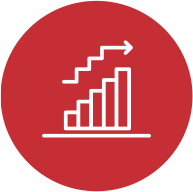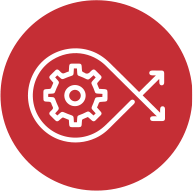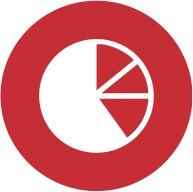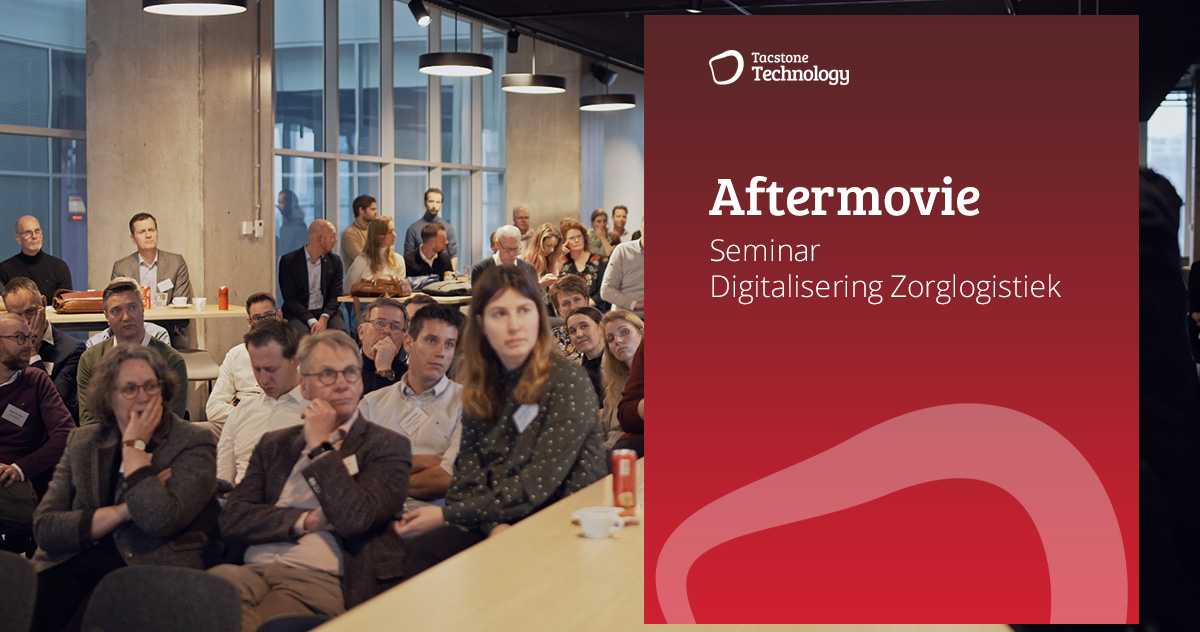Despite the large number of people working in healthcare, there is still a growing shortage of qualified personnel. The pressure on current employees will increase even more with a rising demand for healthcare. Additional funding to recruit and train personnel is not the solution. The time has come to implement alternative strategies, such as the use of software robots, also known as Robotic Process Automation (RPA). With this technology, you can automate administrative tasks and give hours back to existing staff.
Benefits of RPA in healthcare institutions
Automating administrative processes with RPA can contribute to:
Software robot vs. administrative employee
What is RPA? RPA stands for Robotic Process Automation, a technology that simulates keyboard and mouse actions to automate repetitive, manual, and often administrative tasks. This is done through a software robot, also known as a digital employee.


- Directly deployable
- Operational 168 hours per week
- 100% productive
- Cost approximately €3 per hour
- Error-free
- Always available


- Recruitment & onboarding required
- Operational 40 hours per week
- 80% productive
- Cost approximately €40 per hour
- Prone to errors
- Subject to leave and sick days
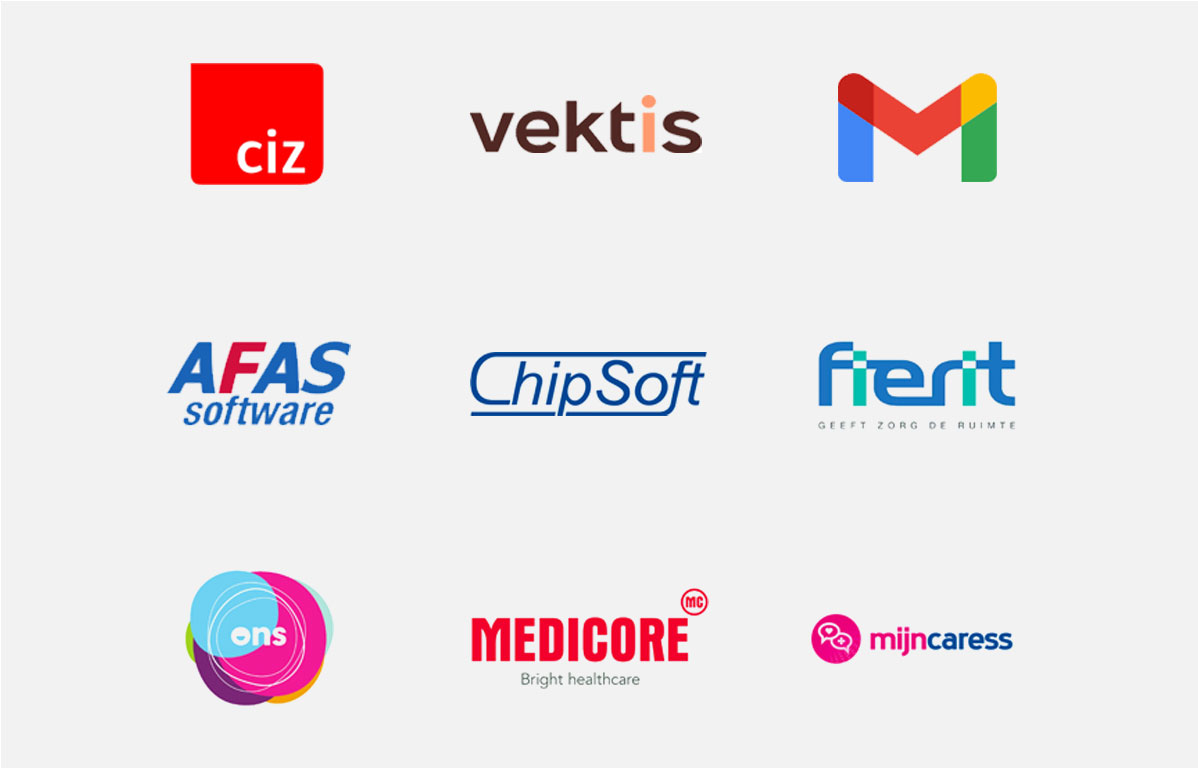
Which processes can you automate with RPA?
The most suitable processes are repetitive, manual, and involve a high volume of transactions. Often, multiple applications are used to perform one process. This is where RPA excels.
Within healthcare institutions, our software robots take care of the following tasks:
✅ Verifying patient records and time registrations
✅ Updating Electronic Patient Dossiers (EPD) with treatment information
✅ Processing and verifying registrations
✅ Handling, verifying, and forwarding prescription requests to the pharmacy
✅ Updating and communicating schedules and plans
✅ Booking and rescheduling appointments
✅ Collecting and analyzing patient records
✅ Registering clients/patients
✅ Performing COV checks
✅ Monitoring and analyzing system outages
✅ Submitting insurance claims
These healthcare institutions preceded you…
We can provide you with detailed information about who we are, how we operate, and the possibilities of RPA and AI. Contact us to learn more about these projects.
Retrospective on the seminar: digitization of healthcare logistics
On February 16, a highly successful healthcare seminar took place. With more than 100 registrations from over 45 different institutions, including some major mental health organizations, disability care institutions, long-term care facilities, and youth care institutions.
The seminar was organized in collaboration with Bizzomate & Mendix, featuring compelling guest speakers Klaas Nieuwhof (Director ICT GGZ inGeest) and Maarten Van Rixtel (Chairman of the Board at Sensire) who shared their practical experiences.
Check out the video!
Case Studies in healthcare institutions
Want to know more about the use of Software Robots in your organization?
We have assisted multiple educational institutions in deploying software robots (RPA) to automate repetitive manual processes. Curious about which processes we can automate in your department? Contact Mark de Poorter.


